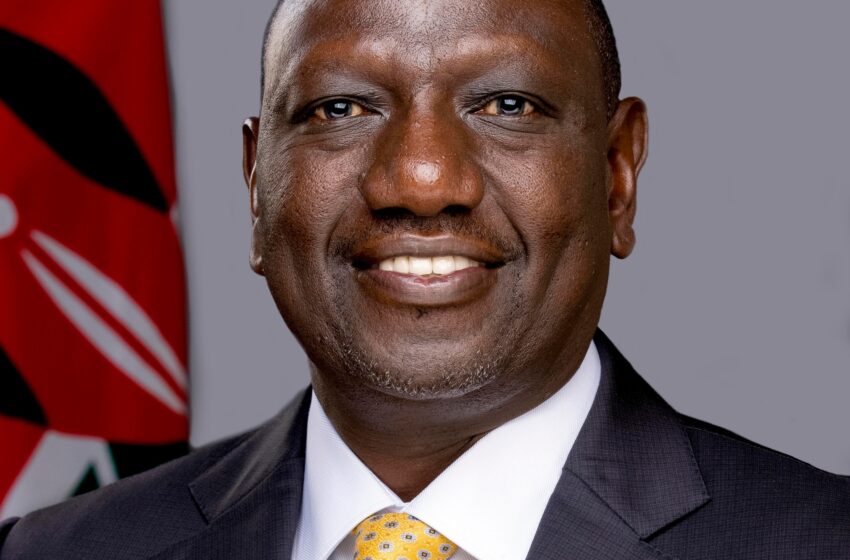Kenya: Did President William Ruto resign as claimed by social media users?

Kenya: Did President William Ruto resign as claimed by social media users?
Amid Kenya’s recent political turbulence and public outrage over the now-withdrawn Finance Bill 2024, misinformation has once again reared its head—this time, falsely claiming that President William Ruto has resigned from office.
The claim has been widely circulated across social media platforms, particularly X (formerly Twitter) and Facebook, with many users sharing unverified screenshots, manipulated headlines, and misleading captions suggesting Ruto had stepped down in response to mass protests.
However, a thorough fact-check by DUBAWA, a leading West African verification platform, has confirmed that the claim is entirely false.
According to the organization, no credible news outlet in Kenya or internationally has reported President Ruto’s resignation. Additionally, no official communication has come from the Kenyan government or the Office of the President to support the allegation.
How the Rumour Spread
The rumour appears to have originated from manipulated headlines and parody accounts posing as news agencies. Some social media users shared fabricated screenshots mimicking trusted outlets such as Nation Africa and Citizen TV Kenya, giving the impression of authenticity. However, upon close inspection, these headlines were either altered or taken out of context.
In an era where digitally altered content spreads rapidly, DUBAWA emphasized the importance of verifying information before sharing it. The platform’s investigation revealed that many of the users spreading the claim either failed to link back to any credible source or deliberately omitted context to mislead others.
President Ruto Is Still in Office and Actively Governing
Contrary to the claims of his resignation, President Ruto has remained visibly active in his official capacity. Following the deadly protests over the proposed Finance Bill—which included widespread demonstrations and the storming of Parliament—he made a national address on June 26, announcing the withdrawal of the controversial bill.
Since then, Ruto has engaged in meetings with various stakeholders, promised accountability for the excessive use of force against protesters, and called for national healing. His continued engagement in state matters serves as clear evidence that the president has not resigned.
Why Misinformation Like This Matters
False reports of a sitting president’s resignation carry serious implications. In politically charged environments, such claims can destabilize public trust, fuel unrest, and even spark panic. DUBAWA’s investigation notes that these kinds of misleading narratives often gain momentum during times of political or economic instability—conditions Kenya is currently experiencing.
This incident follows a troubling pattern in African democracies where disinformation is weaponized, particularly during elections, protests, or national crises. Platforms like DUBAWA, Africa Check, and PesaCheck have become crucial in countering these falsehoods and protecting the public from manipulation.
Call for Media Literacy and Caution
DUBAWA’s report concludes with a call to action: for citizens, journalists, and influencers to verify information using reputable sources before sharing. While social media enables rapid dissemination of news, it also amplifies the spread of falsehoods. During moments of national significance, such as Kenya’s recent protests, the responsibility lies with both the public and media actors to maintain the integrity of discourse.
For full details and verification breakdown, read the original DUBAWA report HERE.

